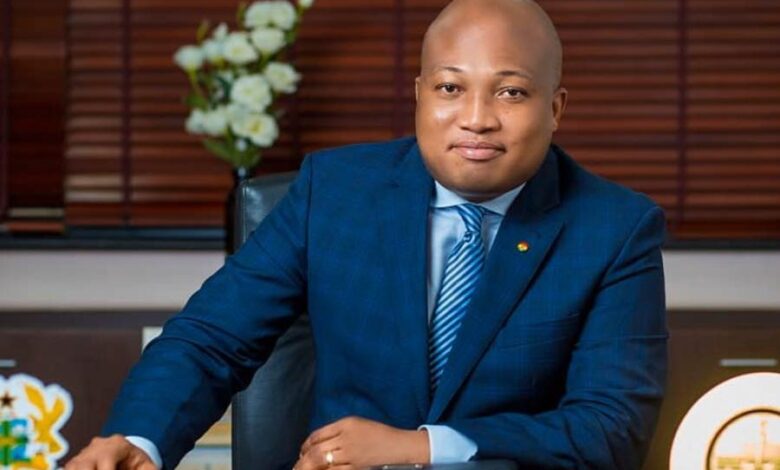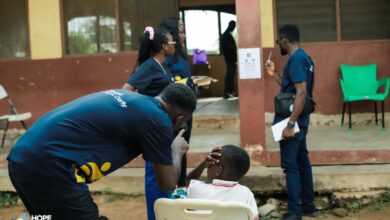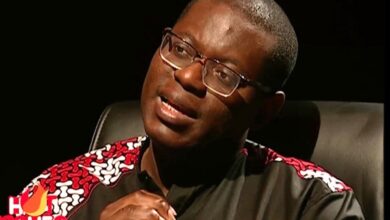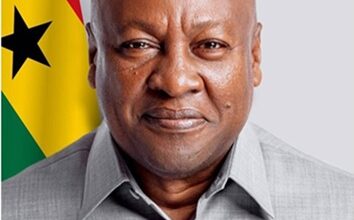Ghana Clarifies Abstention on LGBTQI Vote at UN Human Rights Council

Ghana’s Ministry of Foreign Affairs has moved to set the record straight following widespread media commentary suggesting the country voted in support of LGBTQI rights at the 59th Session of the United Nations Human Rights Council (HRC) in Geneva.
In a press release issued on Tuesday, the Ministry clarified that Ghana did not vote in support of LGBTQI rights, but rather abstained from voting on a resolution regarding the renewal of the mandate of the UN Independent Expert on Protection Against Violence and Discrimination Based on Sexual Orientation and Gender Identity (SOGI).
According to the Ministry, Ghana’s abstention was based on constitutional principles and should not be interpreted as support for LGBTQI rights.
“There was no vote on the support of LGBTQI for which Ghana abstained as has been wrongly reported by a section of the Ghanaian media,” the statement emphasized.
The Ministry explained that the resolution in question was focused on protecting individuals from violence and discrimination, not about endorsing LGBTQI lifestyles or rights.
“The question before the Council was whether persons who identify as LGBTQI should be protected against violence and discrimination or not. It was not about support for LGBTQI rights.”
Ghana’s abstention, the Ministry noted, was consistent with Chapter 5, Article 17 of the 1992 Constitution, which prohibits discrimination based on gender, race, ethnicity, religion, and social or economic status.
The resolution, which was ultimately adopted, empowers the Independent Expert to continue reporting annually on the implementation of this mandate to the Human Rights Council and the General Assembly.
To further clarify Ghana’s position, the country’s Permanent Representative to the UN made a statement during the session reinforcing Ghana’s understanding of gender and sex.
“Our understanding of the traditional definition of gender is the male sex or female sex, especially when considered with reference to social and cultural differences,” the statement read. “Similarly, sex refers to either of the two main categories (male and female) into which humans and most other living things are divided and used for statistical purposes and policy monitoring.”
The Ministry also reiterated that it remains mindful of public sentiment in Ghana, which is largely opposed to the recognition of LGBTQI rights, and assured that the government would not take any action that would undermine this position.
“The Ministry of Foreign Affairs is very mindful of the Ghanaian public’s general opposition and the Government’s strong stance against the subject of LGBTQI rights and will not act in any manner to undermine this position.”
The statement has been distributed to all media houses in an effort to correct public misinformation and reaffirm Ghana’s policy stance on the international stage.




